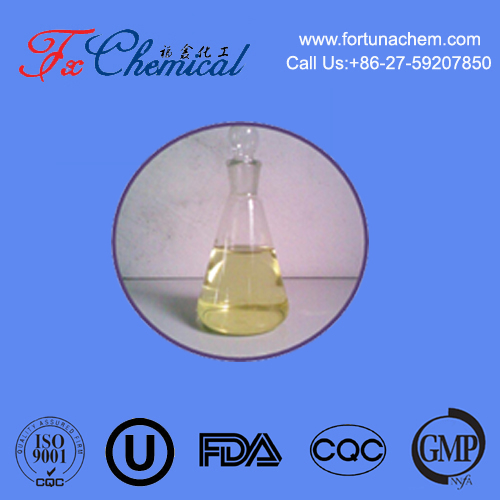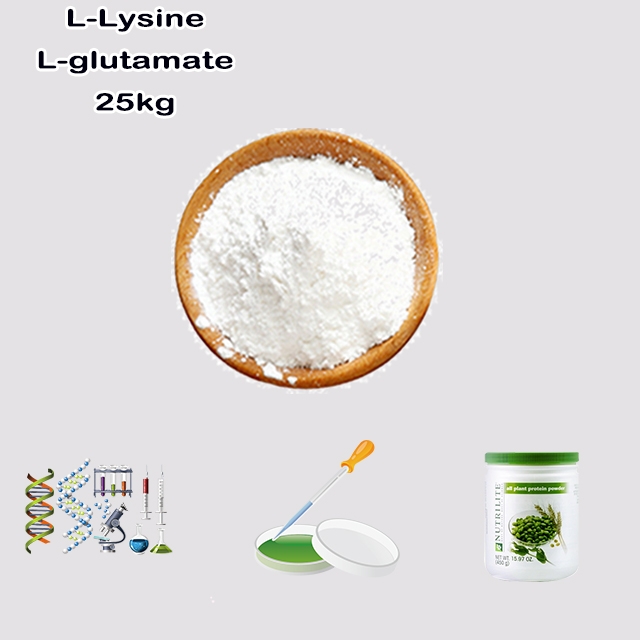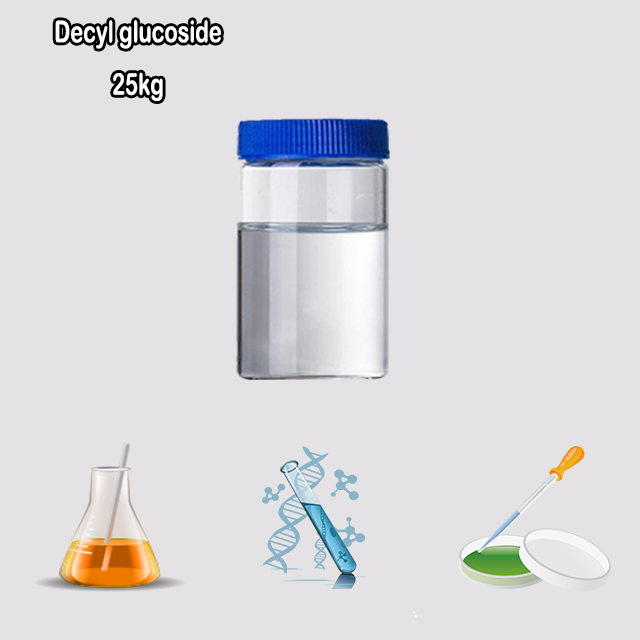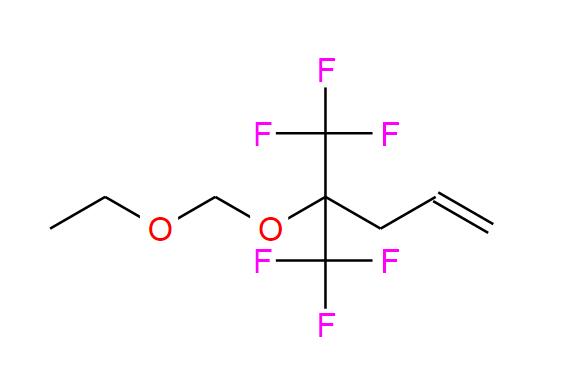
Search

Search

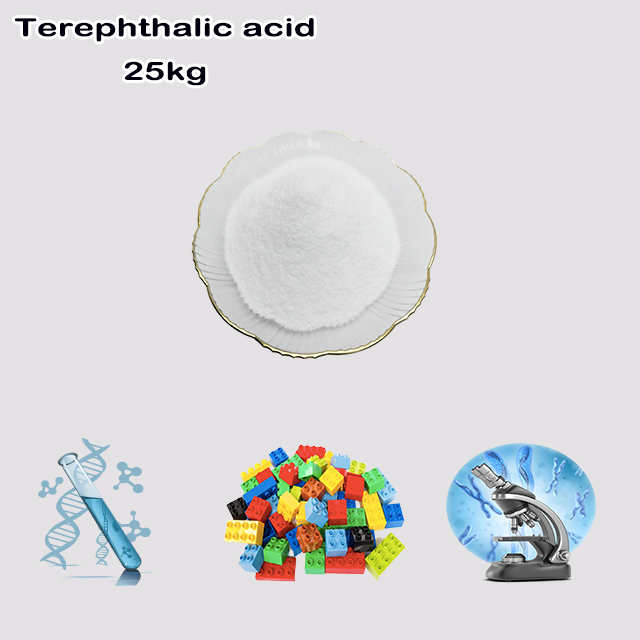
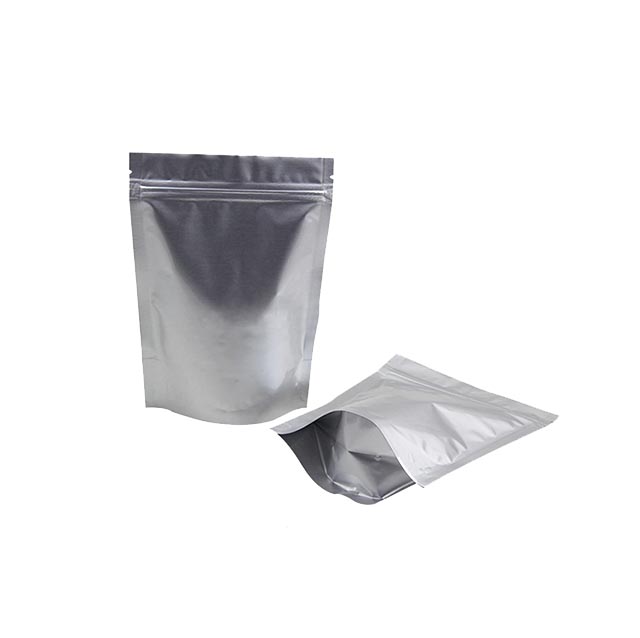
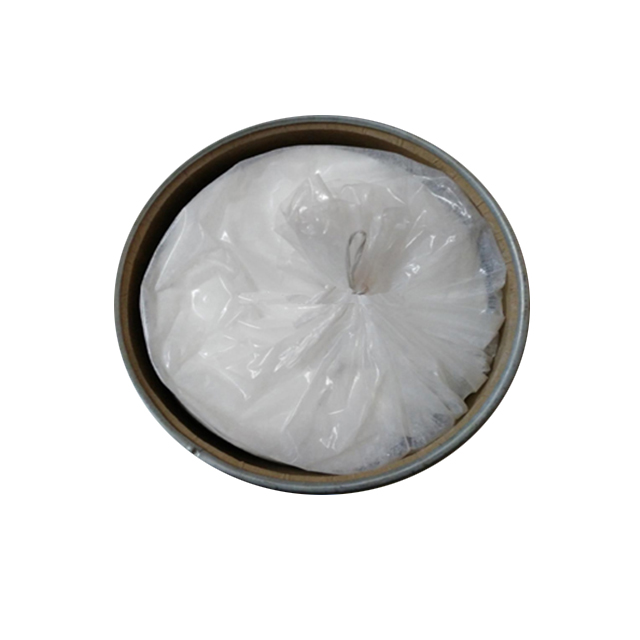
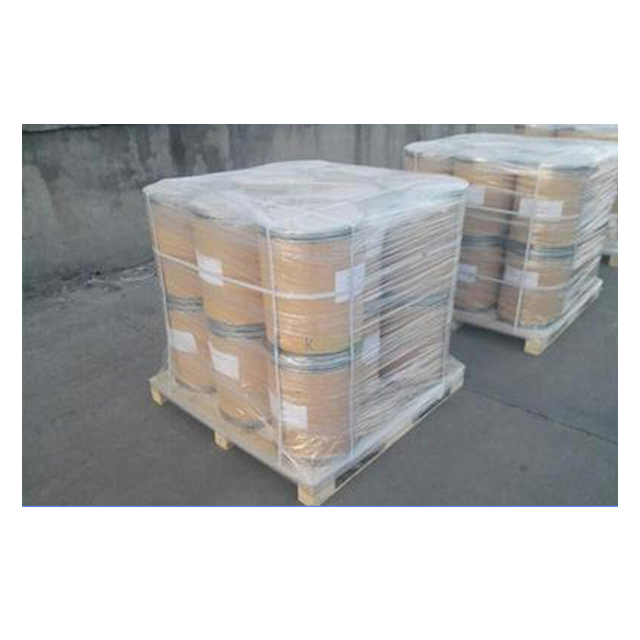
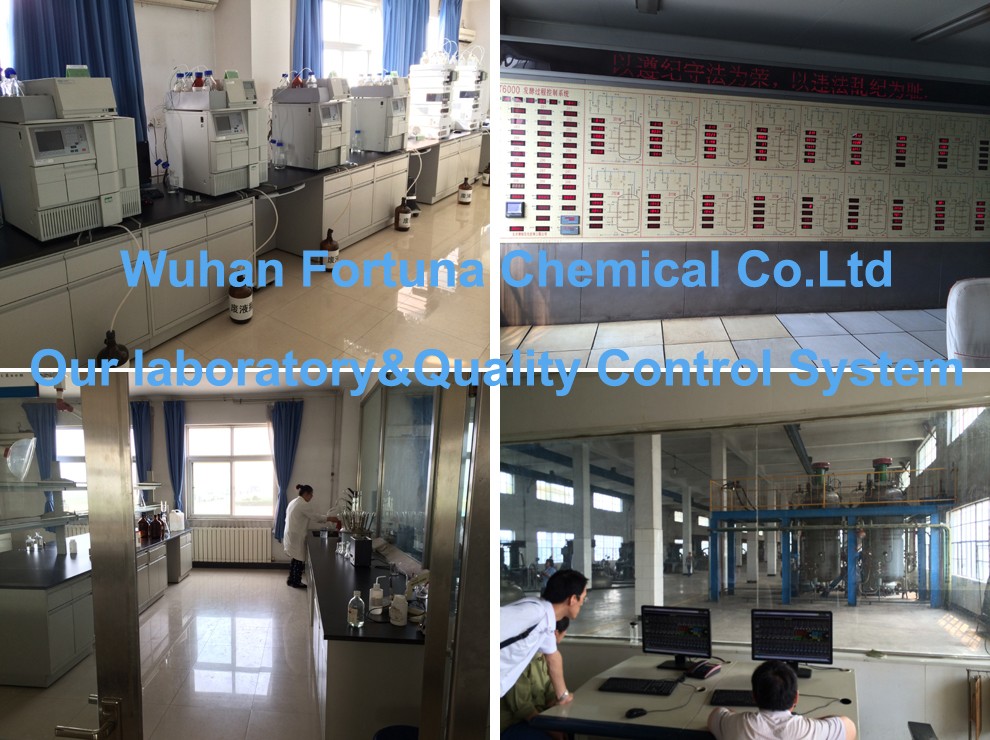





Here's a concise explanation of Terephthalic Acid (TPA) under 100 words:
Terephthalic acid (TPA) is an organic compound, chemically known as *benzene-1,4-dicarboxylic acid* (C₈H₆O₄). It's a white, crystalline solid.
Its primary and most important use is as the key raw material for producing the polyester PET (Polyethylene Terephthalate). TPA reacts with ethylene glycol in a process called polymerization to form PET resin.
PET is ubiquitous: it's used to make plastic drink bottles, food packaging, synthetic fibers for clothing (polyester), films, and more. TPA is therefore one of the world's highest-volume commodity chemicals, fundamental to modern packaging and textiles.
Terephthalic acid (TPA) is a crucial organic compound primarily used as a key raw material in the production of polyester plastics and fibers. Here's a detailed breakdown:
Chemical Structure:
Formula: C₆H₄(COOH)₂ or C₈H₆O₄
Systematic Name: Benzene-1,4-dicarboxylic acid
It consists of a benzene ring with two carboxylic acid (-COOH) groups attached to opposite carbon atoms (the para positions, 1 and 4).
Physical Properties:
White crystalline solid or powder.
Odorless.
Poor solubility: Very low solubility in water and most common organic solvents at room temperature. Solubility increases significantly at higher temperatures.
Sublimes before melting at high temperatures.
Primary Use: Production of Polyesters (especially PET)
Bottles: The vast majority of plastic beverage bottles (water, soda) are made from PET.
Packaging: Food containers, blister packs.
Textiles: Polyester fiber for clothing, carpets, upholstery (often referred to simply as "polyester").
Films: Mylar, photographic film base, magnetic recording tape.
PET (Polyethylene Terephthalate): TPA is reacted with ethylene glycol (MEG) in a polycondensation reaction to produce PET resin.
Other Polyesters: Used in specialty polyesters like PBT (Polybutylene Terephthalate) and PEN (Polyethylene Naphthalate).
Production:
The dominant industrial process is the catalytic oxidation of *p*-xylene.
*p*-Xylene (derived from petroleum) is oxidized in acetic acid solvent using catalysts (typically cobalt and manganese salts with a bromine promoter) under high temperature and pressure.
The crude product is purified (often via hydrogenation and crystallization) to remove impurities like 4-carboxybenzaldehyde (4-CBA) that would interfere with polymerization. The purified form is called Purified Terephthalic Acid (PTA), which is the main industrial feedstock.
Dimethyl terephthalate (DMT) is an older intermediate/alternative form, but PTA is now the dominant route.
Other Uses:
Paints & Coatings: Alkyd resins.
Plasticizers: For certain polymers.
Liquid Crystal Polymers (LCPs): High-performance engineering plastics.
Adhesives & Sealants.
Chemical Intermediate: For producing other compounds like tetraphthaloyl chloride.
Significance:
TPA/PTA is one of the most important commodity chemicals globally.
Annual production is in the tens of millions of metric tons, driven almost entirely by the demand for PET bottles and polyester fiber.
It is fundamental to the modern packaging and textile industries.
Safety & Handling:
Generally considered to have low acute toxicity.
Can be a skin, eye, and respiratory irritant (especially as dust).
Requires standard industrial hygiene practices (dust control, ventilation, PPE like gloves and safety glasses).
In simple terms: Terephthalic acid is the essential "building block" chemical that, when combined with ethylene glycol, creates the polyester plastic (PET) used in your soda bottles, water bottles, polyester clothing, and many other everyday items. Its production on a massive scale makes it a cornerstone of the modern chemical industry.
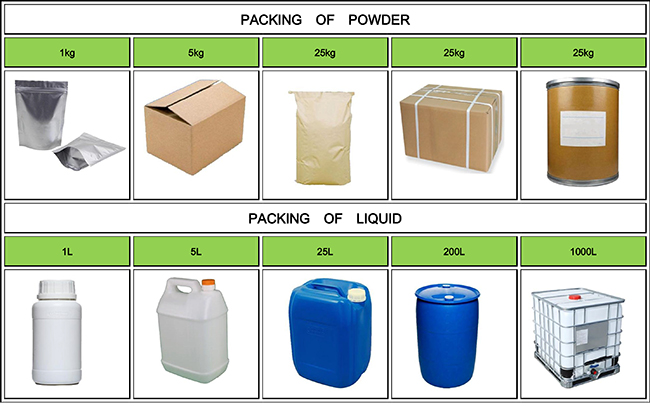
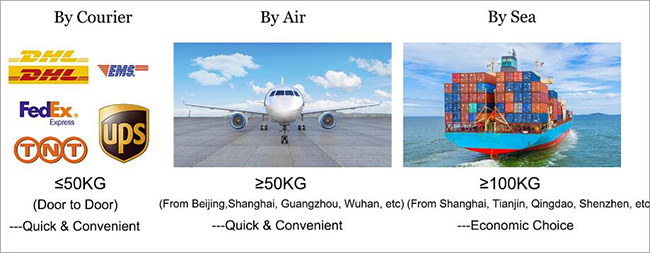
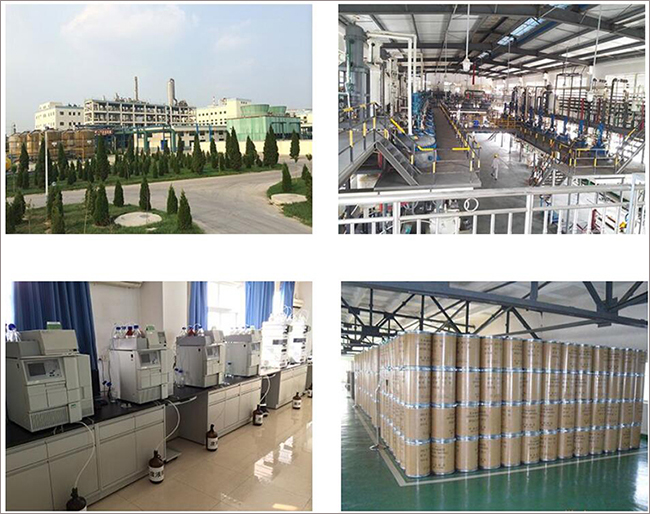

Fortunachem Provides Not Only Professional Chemical Products But Also Professional Help
Keeping you up-to-date with all the latest information, news, and events about Fortunachem!

Quick Links
Add:
E-mail:
 English
English  Español
Español  français
français  العربية
العربية 